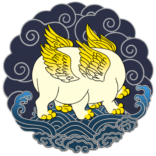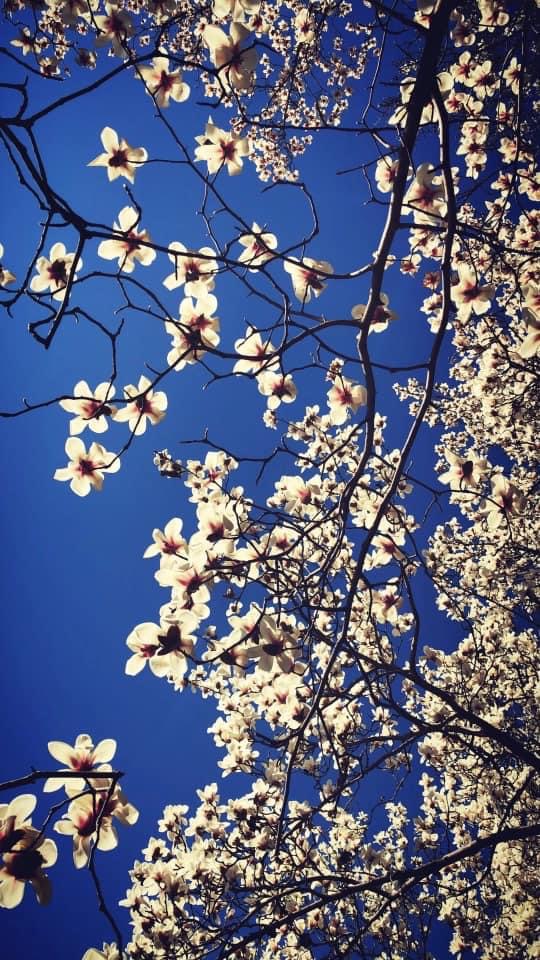I used to be obsessed with katana, the Japanese samurai swords. They are made with such high-quality steel and incredible craftsmanship that they bounce back to its original shape after being bent at 90 degrees, and they cut through a phone book with only one blow. I had always dreamed of owning a katana until I started imaging myself using it.
“What am I going to use it for?”
I can’t think of anything else other than slicing and cutting.
There aren’t things that I have to cut with such a sword. And I’d feel sad for the sword if I do not use it for what it was built for and only put it on display.
I still admire katana and its makers, but I do not want one anymore. It’s a killing tool after all.
Dao De Jing Chapter 31 stated that “A well-made weapon is an ominous tool.” 夫佳兵者,不祥之器。
This is also true for Chinese medicine. For practitioners who have experienced the amazing effects of Chinese herbal formulas, we know as a fact that this medicine is potent when used correctly; its effects are instant even in treating complex diseases that Western medicine finds difficult to treat.
Every time we see or hear someone having successfully treated a recalcitrant disease with a formula, don’t we want to try it in our practice, too?
I’ve learned how to treat the most difficult diseases and I can feel myself eager to treat patients with such horrible diseases. This is the similar desire as wanting to slice something into pieces with a katana. In order to having good use of the tool in our hands, we need an object, a diseased person in this case.
On a subconscious level, the harder we study this medicine, the more we hope for such patients to exist and come to us. This is inauspicious and unhealthy from a Daoist perspective.
The ancient legendary doctor Yi Yin 伊尹 was a chef. He created nourishing recipes and rice wine to strengthen the body and prevent diseases. Herbs were called “poisons” 毒藥 due to their ability to injure the body’s Upright Qi with their strong energetic gestures and partialities. Medicinal herbs were rarely used in ancient times because they would exhaust the body’s energies while correcting its balance, which contradicts the life-preserving principle of Daoism.
My Qi Gong master always says: “ingesting herbs is not as nourishing as ingesting healthy food; ingesting healthy food is not as nourishing as cultivating Qi.” When we don’t feel well, the best thing we can do for our body is to adjust our lifestyle and diet (since Qi Gong and Tai Ji is not always available for everyone). We should trust that our body is built to maintain its natural balance and it does not need so many supplements and medications to stay healthy.
There is a Chinese saying: “too much is worse than not having enough.” 過猶不及。I’ve seen people taking handful of supplement pills on a daily basis to replenish their nutrient levels. Yet the healthiest and longest-living human beings have almost always been found in remote villages where supplements are not even available.
Health is a commitment. Simple diet and consistent lifestyle are the best things for our health. Knowing that it is not easy to keep a steady and unchanging lifestyle in a world full of desires and temptations, I still recommend diet and lifestyle changes, and daily Qi Gong and Tai Ji exercises to my patients. This is more important than taking any supplements or formulas. I wish the sharp weapon of medicine does not need to be used unless in emergency situations.

